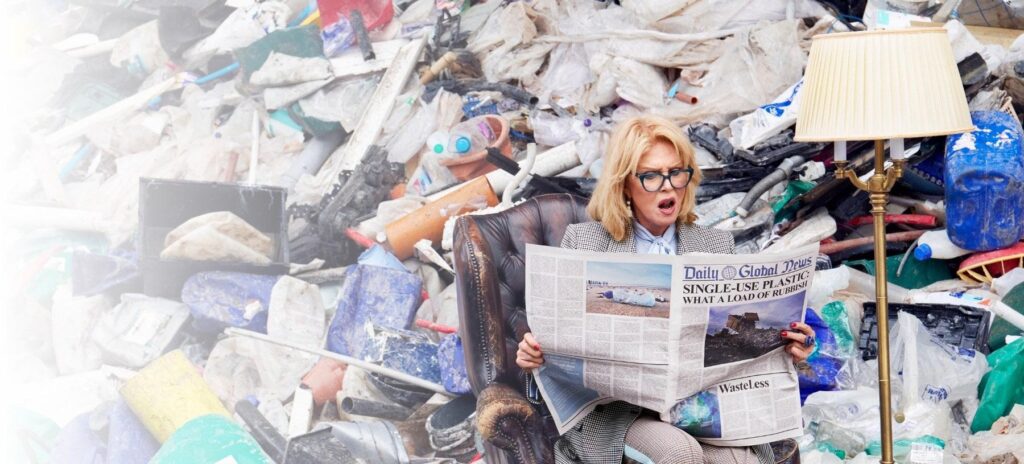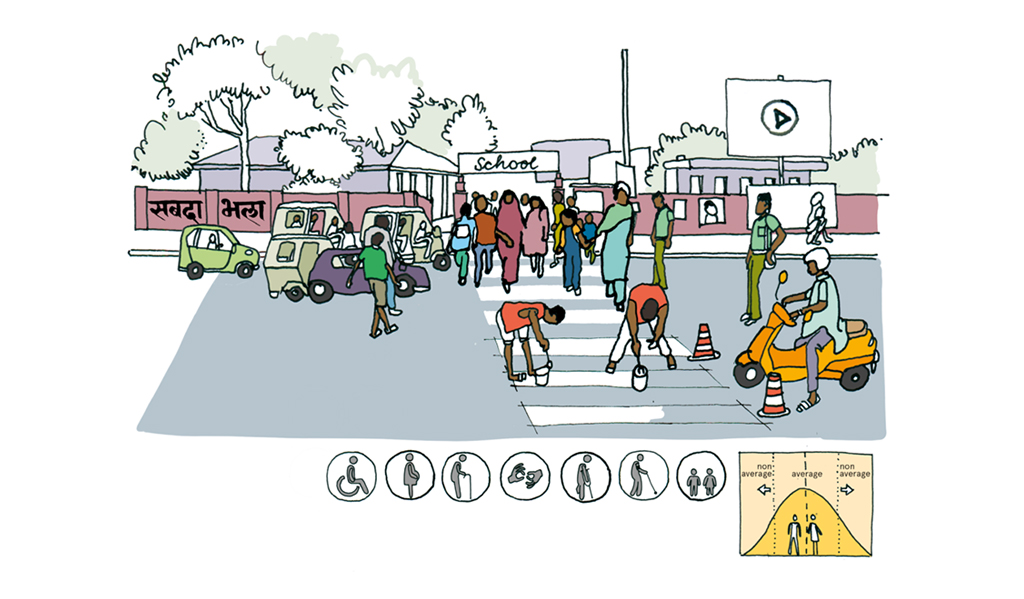Introduction: When Climate Activism Becomes Climate Politics
Climate change is real. Its devastating effects—from rising seas to food insecurity—are undeniable. But the politics of climate action reveal a darker undercurrent: one where industrialized Western nations attempt to shift historical responsibility onto the Global South, using environmental concerns as a moral high ground.
Amidst this, public figures like Greta Thunberg have risen to global fame, not just as climate voices but as symbols of a narrative that, knowingly or not, often sidelines the complexities and developmental rights of countries like India, Brazil, or Nigeria.
This article examines how the Western-driven sustainability agenda, often wrapped in youth-led protests and environmental campaigns, may sometimes reflect double standards, geopolitical pressure, and soft power manipulation—all under the banner of “saving the planet.”
1. Who Caused the Climate Crisis? A Historical Reality Check
According to the Global Carbon Atlas, over 75% of cumulative CO₂ emissions since the Industrial Revolution have come from:
- United States
- European Union nations
- Canada, Australia, and Japan
India, despite being the world’s most populous country, contributes only ~3.4% of cumulative emissions (source: Global Carbon Budget, 2022).
Yet, Western powers often demand the developing world to cut emissions, halt coal usage, and accept environmental caps—policies that may hinder necessary economic growth.
2. Greta Thunberg: Climate Icon or Political Instrument?
Greta Thunberg, the Swedish teen who began school strikes in 2018, has emerged as the face of youth climate activism. Her speeches at the UN and WEF (World Economic Forum) are impassioned, urgent—and often confrontational.
But criticisms include:
- A simplistic narrative that doesn’t differentiate between historic polluters and emerging economies
- Support for campaigns that inadvertently align with Western foreign policy interests, as seen during the Indian farmers’ protests in 2021 when Thunberg shared a “toolkit” linked to protests critical of the Indian government (source: Al Jazeera)
While Greta may not be knowingly complicit, her platform is often amplified by Western think tanks, NGOs, and corporate-backed media—entities that frequently ignore or oversimplify postcolonial and developmental contexts.
3. The Deep-State Allegation: Environmentalism as Soft Power?
Some theorists argue that “climate justice” campaigns are used by Western intelligence, NGOs, and soft-power channels to destabilize certain governments or influence their policies.
While no concrete evidence has surfaced linking Greta or climate movements directly to regime change, a pattern has emerged:
- Foreign-funded NGOs pushing environmental litigation and land-use restrictions in developing nations
- Western institutions pressuring India, Brazil, and Indonesia to abandon fossil fuels prematurely, while continuing fossil fuel investments in their own nations (source: The Hindu Centre, 2023)
Critics see this as a new form of green neocolonialism, where control is exerted not via armies, but via carbon quotas, ESG ratings, and green funding.
4. Climate Guilt and the Blame Game
Many developing nations are now expected to “pay” for climate damage they didn’t cause:
- Carbon credit schemes allow rich nations to keep polluting by buying offsets from the poor
- Climate summits push developing countries to curb coal, while Europe restarted coal plants in 2022 during the Ukraine crisis (source: BBC)
- The “Loss and Damage Fund”, though a step forward, lacks clarity, funding, and enforcement mechanisms
This raises key questions:
- Is climate activism genuinely inclusive, or just another moral weapon wielded by the West?
- Who gets to set the climate agenda—and whose voices remain unheard?
5. What Should Developing Nations Do?
India and other Global South nations must:
- Push for “climate justice”, not just “climate action”
- Highlight indigenous and vernacular knowledge systems (IKS) that offer sustainable alternatives
- Invest in clean tech at their own pace, without succumbing to pressure
- Be cautious of foreign-funded narratives that interfere with local policy-making
- Establish south-south climate alliances that resist one-size-fits-all mandates
Conclusion: A Call for Climate Sovereignty
Climate change demands urgent global cooperation—but not unequal moral policing. While young activists like Greta have valid concerns, the solutions cannot come from the same systems that caused the problem.
It’s time to move from Western guilt to global equity, and from green grandstanding to grassroots wisdom. For India, the best resistance is not denial—but assertive, indigenous-led climate action that prioritizes both sustainability and sovereignty.



